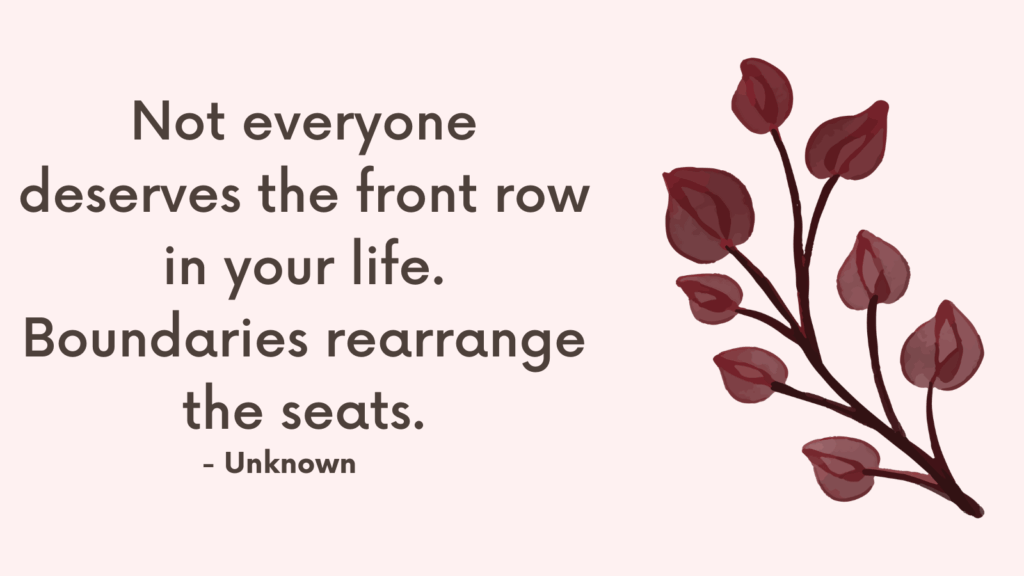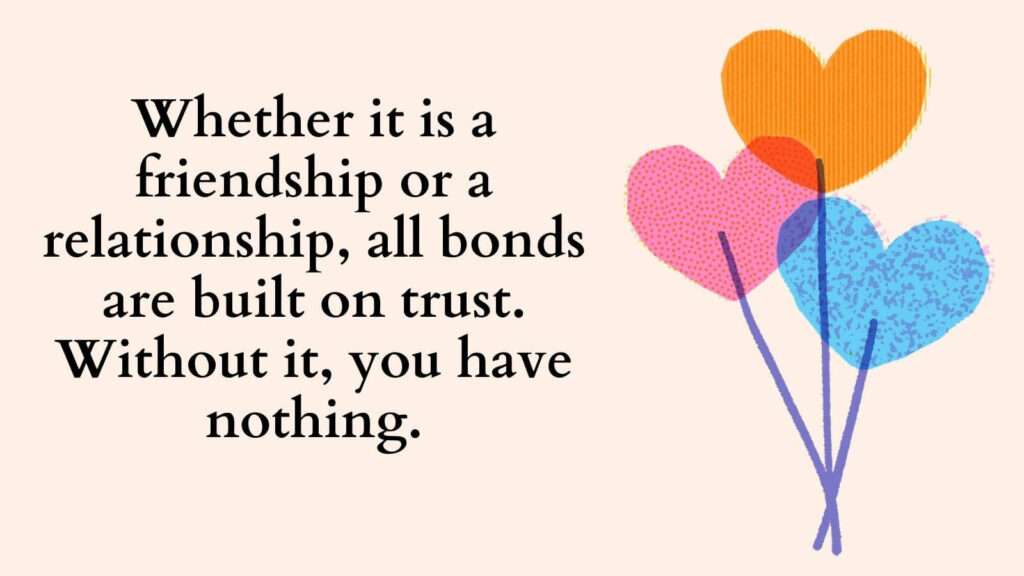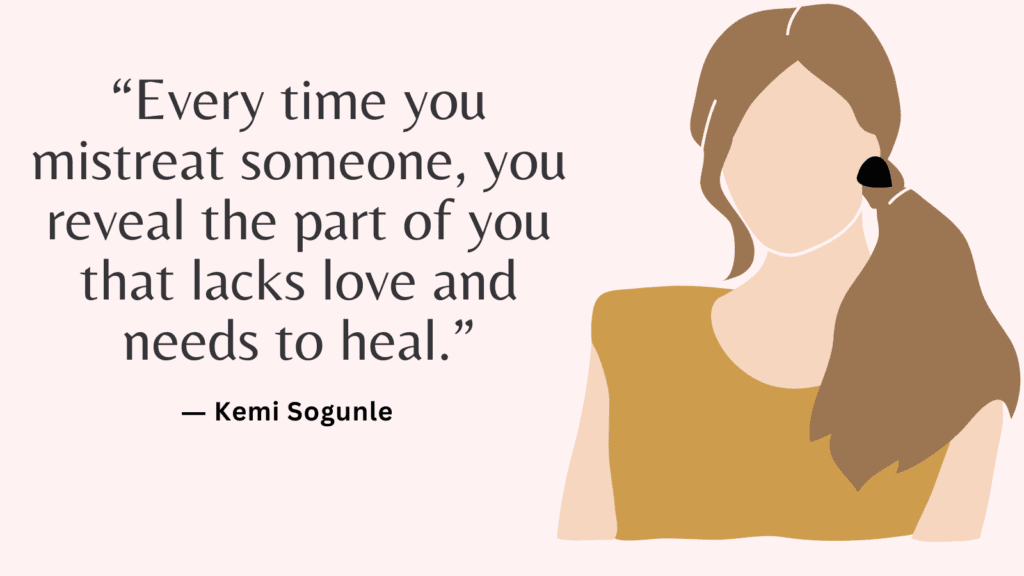Being “unbothered” isn’t about shutting down your emotions—it’s about refusing to let chaos hijack your peace. In a world that rewards overreaction or emotional detachment, the real power lies in choosing calm without hardening your heart. You don’t have to stop caring. You just have to stop carrying what was never yours to begin with.
What Does It Mean to Be Unbothered?
Being unbothered means not allowing outside noise to dictate your inner world. It’s a state of internal calm that doesn’t rely on other people’s approval, behavior, or opinions.
It doesn’t mean you never feel—but it means you don’t let those feelings run the show.
Being unbothered is:
- Choosing how you respond instead of reacting impulsively
- Letting things go that don’t deserve your energy
- Protecting your peace without becoming emotionally unavailable
What It Doesn’t Mean
Being unbothered is not the same as:
- Being emotionally numb
- Avoiding vulnerability
- Ignoring problems that need addressing
- Withholding love or connection
- Becoming indifferent or apathetic
You can be calm and caring. Boundaried and soft. Protective and warm.
How to Be Unbothered Without Becoming Cold?
1. Know the Difference Between Calm and Cold
Being calm is responsive. Being cold is avoidant.
You can stay emotionally regulated and still be warm, present, and clear.
Say to yourself:
“I can hold boundaries without closing my heart.”
2. Anchor Yourself With Inner Validation
The more you rely on others for worth, the easier it is to be thrown off.
Reaffirm:
“Their opinion doesn’t define me.”
“I know who I am—even if they don’t.”
Related: Top 19 Journal Prompts For Boundaries
3. Pause Instead of React
You don’t need to match someone’s chaos.
Breathe. Blink. Say nothing. Choose stillness.
That pause is your power—not your indifference.
4. Let Go of the Need to Prove or Explain
You don’t have to over-justify your boundaries or choices.
Staying unbothered often means staying out of unnecessary defense.
5. Respond With Grace, Not Grit
Being unbothered doesn’t mean being harsh.
It means being so rooted in peace that you can stay kind—even when others are not.
6. Practice Selective Attention
You don’t have to engage every energy, comment, or conflict.
Ask: “Is this worth my emotional bandwidth?”
Most things aren’t.
Related: Fear of Disappointing Others: Top 10 Ways to Overcome it
7. Feel Your Emotions—Privately, Not Performatively
Unbothered doesn’t mean numb.
Let yourself cry, vent, or process with safe people or spaces—then return to calm with intention.
8. Choose Maturity Over Spite
Refuse to play games, retaliate, or mirror pettiness.
Unbothered maturity says:
“I’ll protect my peace—not my pride.”
9. Keep Compassion Without Absorbing
You can care without collapsing.
Say: “I see your pain, but I won’t let it become mine.”
10. Remind Yourself: Peace Is a Practice
Being unbothered is not a one-time decision—it’s a daily commitment to stay grounded, soft, and sovereign.
It’s not distance—it’s discernment.
Related: How to Set Boundaries at Work?

Conclusion
You don’t have to become cold to be protected. You can be soft and safe. Warm and wise. Open and unshaken.
Being unbothered isn’t about being untouchable—it’s about being centered enough to move through the world with calm, clarity, and care.



